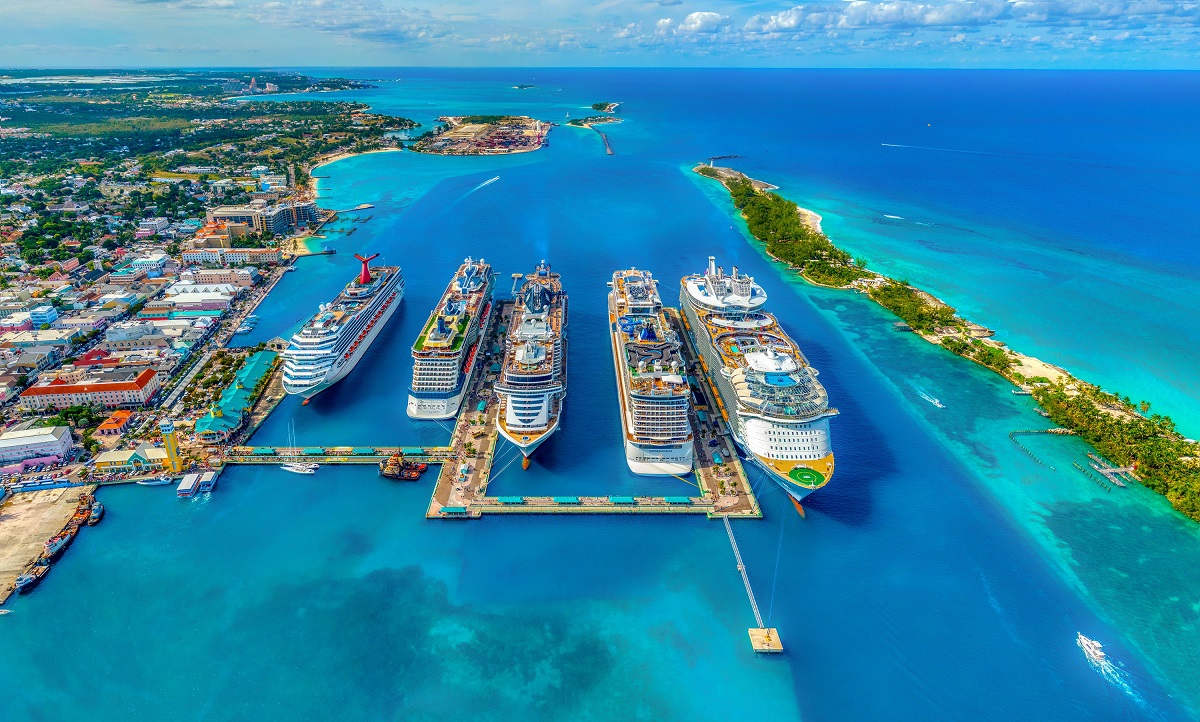
Travel industry pricing and occupancy levels have remained healthy as consumers prioritize travel experiences over things. We expect economic growth and inflation headwinds to be more than offset by industry tailwinds, including:
- The human-ingrained desire to travel.
- Services’ growing share of consumers’ wallets.
- Remote work flexibility.
Although inflation slowed to 7.1% in November from 8.5% in July, it remains elevated, averaging 8% for the six months through November, compared with the 10-year historical average of 2.9%. Morningstar forecasts inflation to fall below 3% in 2023.
Despite higher inflation, consumers have continued to travel. Transportation Security Administration volume has remained near the seasonally strong summer period’s 2.2 million mark in recent months, driving November’s passenger count to 95% of 2019′s level, from 89% in June.
The reallocation of discretionary income to services from goods stands to benefit travel-related companies. Services spending has averaged 4% growth while goods spending has averaged a 1% decline year over year in the last six months. The spending on services helped occupancy levels across the hotels and cruise lines we cover rise to 75% on average in the third quarter of 2022, a roughly 20-point increase from the year-ago period. This compares with a 30-point year-over-year increase in the second quarter.
Although third-quarter air booking volume for Sabre SABR and Amadeus AMADF was flat to down versus the second quarter, we believe this was largely due to temporary logistic disruptions. Volume was up sharply versus the year-ago period, helped by the ongoing gradual recovery in business travel.
Advance ticket sales at the four publicly traded cruise operators climbed to $11 billion in the third quarter of 2022 from $7 billion in the third quarter of 2021. This indicates a higher commitment to cruising than the last quarter before the pandemic, when those four operators held $10 billion in advance ticket sales.
Our Top Picks
Even as we lap a strong 2022, we expect demand to climb further in 2023. We think industry tailwinds will more than offset economic growth headwinds, barring a severe recession (which we see as unlikely). While leisure and domestic road travel has led the industry recovery since April 2020, we think business trips and leisure excursions by sea will now augment this demand.
We believe investors are currently well compensated to take on risk in companies that we see as undervalued.
We have more confidence in Carnival’s CCL ability to lift pricing during periods of stable economic growth, and it appears that value-destroying capital raises are in the rearview mirror. We think the shares remain depressed because of investor concerns about a potential recession and the impact it could have on discretionary spending.
We think concerns about Sabre’s SABR financial health and competitive positioning as well as lower corporate travel demand as a result of the pandemic have presented an opportunity to own a company with network, efficient scale, and switching cost advantages at an attractive margin of safety.
We believe Expedia EXPE shares are discounting enduring travel demand and investments that the company has made in the past few years, which should drive expanding operating margins and ongoing sales growth while supporting the company’s network effect.
In our view, Accor ACCYY shares are discounting resilient European travel demand and the company’s brand intangible asset, which is showcased by its pricing power. Accor is well positioned for travel demand growth in Europe, as around 60% of its hotels are in the region.






















